Decentralized Science (DeSci): Funding Research on the Blockchain

Decentralized Science (DeSci) is reshaping the landscape of scientific research by leveraging blockchain technology to address longstanding challenges in funding, data sharing, publishing, and intellectual property (IP) management. By utilizing decentralized autonomous organizations (DAOs), token-based incentives, and blockchain’s inherent transparency, DeSci is fostering a more open, equitable, and collaborative scientific ecosystem. This article explores how DAOs and token-based funding are enabling independent scientific research, promoting open data publishing, and facilitating IP monetization, with a focus on case studies like VitaDAO and other notable projects.
The Challenges of Traditional Scientific Research
Traditional scientific research is often hindered by systemic inefficiencies:
- Funding Bottlenecks: Securing grants is a lengthy, competitive process controlled by centralized institutions, often prioritizing established researchers or low-risk projects. This leaves innovative, high-risk ideas—especially in fields like longevity or psychedelics—underfunded, a gap known as the “Valley of Death” between academic research and clinical development.
- Restricted Data Access: Research data is frequently locked behind paywalls or siloed in proprietary repositories, limiting collaboration and reproducibility.
- Opaque Publishing: Traditional journals charge high fees for access and rarely compensate peer reviewers, slowing the dissemination of knowledge.
- IP Monopolization: Universities and institutions often claim ownership of IP, leaving researchers with little control or financial benefit from their discoveries.
DeSci addresses these issues by decentralizing control, incentivizing contributions, and creating transparent, community-driven systems.
How DeSci Works: DAOs and Token-Based Funding
DeSci leverages blockchain technology—specifically DAOs, tokens, and non-fungible tokens (NFTs)—to transform how research is funded, conducted, and shared:
- Decentralized Autonomous Organizations (DAOs): DAOs are community-governed entities operating on blockchain smart contracts. Members hold governance tokens (e.g., VITA for VitaDAO) that grant voting rights to allocate funds, approve projects, or set research priorities. This democratizes decision-making, bypassing traditional gatekeepers.
- Token-Based Funding: Tokens, both fungible (like cryptocurrencies) and non-fungible (NFTs), enable crowdfunding and incentivize participation. Researchers can raise funds by selling tokens tied to their projects, while contributors earn tokens for peer reviews, data sharing, or other tasks.
- Open Data Publishing: Blockchain-based platforms like IPFS and Arweave provide decentralized storage, ensuring data is immutable, accessible, and resistant to censorship. This promotes open access and reproducibility.
- IP Monetization: DeSci introduces IP-NFTs, which represent ownership of research outputs like papers, datasets, or patents. These NFTs can be traded on marketplaces, allowing researchers to retain control and monetize their work directly.
By aligning incentives and removing intermediaries, DeSci creates a more inclusive and efficient research ecosystem.
Case Study: VitaDAO – Pioneering Longevity Research
VitaDAO is a flagship DeSci project focused on funding longevity research to extend healthy human lifespans. Launched in July 2021, it has become a model for how DAOs can transform scientific funding and IP management.
How VitaDAO Operates
- Community-Driven Funding: VitaDAO’s 1,300+ token holders, including Pfizer and former Coinbase CTO Balaji Srinivasan, use VITA tokens to vote on funding proposals for early-stage longevity projects. The DAO has raised $4.1 million and funded over $3 million in research since its inception.
- IP-NFTs and Monetization: VitaDAO pioneered IP-NFTs, turning research ownership into tradeable assets. For example, it holds IP rights to funded therapeutics, which can be monetized through data marketplaces like Ocean Market. This allows researchers and contributors to share in the value created.
- VitaLabs and Fellowships: Through its VitaLabs initiative, VitaDAO supports high-risk aging research and allows contributors to co-own resulting IP. Its fellowship program encourages scientists to explore novel ideas, fostering community-led breakthroughs.
- Recent Successes: In 2023, VitaDAO advanced the VitaRNA/Artan Bio project, achieving key milestones in gene therapy for aging-related conditions. Its treasury, valued at $53.8 million in November 2024, supports a portfolio of projects, with tokens like VitaFAST and VitaRNA gaining significant market traction.
VitaDAO’s success demonstrates how DAOs can bridge the “Valley of Death” by providing rapid, community-driven funding for underfunded fields like longevity science.
Other Notable DeSci Projects
Beyond VitaDAO, several DeSci projects are disrupting various aspects of scientific research:
- Molecule: A decentralized biotech protocol, Molecule connects researchers with funders through a Web3 marketplace for IP-NFTs. It has incubated BioDAOs like VitaDAO and supports over 250 research projects with $10 million in funding. Molecule’s bio.xyz accelerator helps launch new DAOs, such as ValleyDAO (focused on planetary health) and AthenaDAO (women.DispatchQueue’s health).
- ResearchHub: Co-founded by Coinbase CEO Brian Armstrong, ResearchHub promotes open science by rewarding researchers with ResearchCoin (RSC) for peer reviews, data sharing, and publishing. It uses blockchain to create a collaborative platform for interactive peer reviews and crowd-sourced funding.
- Pump.Science: Built on the Solana blockchain, Pump.Science gamifies longevity research through tokenized prediction markets. Tokens like RIF (Rifampicin) and URO (Urolithin A) represent experiments, with live-streamed data allowing users to bet on outcomes. RIF, for instance, jumped 192,588% in market cap over seven days in November 2024, showing strong community engagement.
- AntidoteDAO: Focused on cancer research, AntidoteDAO allocates funds through governance tokens and NFTs. It offers grants (e.g., $100K seed funds) vetted by a Medical Advisory team, demonstrating how DAOs can target specific diseases.
- SCINET: A blockchain-powered platform, SCINET provides a cloud laboratory, decentralized peer review, and funding for computational life sciences. It enables retail and institutional investors to back research directly.
These projects highlight DeSci’s versatility, addressing diverse challenges from funding to data access across biotechnology, oncology, and computational sciences.
Benefits of DeSci
DeSci offers several advantages over traditional science:
- Transparency and Trust: Blockchain ensures immutable records of funding decisions, data, and peer reviews, reducing fraud and enhancing reproducibility.
- Global Collaboration: DAOs enable researchers worldwide to connect, share resources, and co-fund projects, fostering interdisciplinary innovation.
- Inclusivity: By lowering barriers to entry, DeSci allows scientists from underrepresented regions or non-traditional backgrounds to participate.
- Incentivized Contributions: Tokens reward peer reviewers, data sharers, and other contributors, aligning individual and collective goals.
- Rapid Funding: DAOs streamline grant allocation, reducing administrative delays and enabling faster project starts.
Challenges and Risks
Despite its promise, DeSci faces hurdles:
- Governance Issues: Wealthy token holders (“whales”) may disproportionately influence DAO decisions, skewing funding priorities.
- Regulatory Uncertainty: IP-NFTs and tokenized funding models face unclear regulations, complicating adoption.
- Adoption Barriers: Traditional academic institutions and Big Pharma may resist DeSci, fearing loss of control.
- Scalability: Blockchain storage limitations and high transaction fees (e.g., on Ethereum) pose technical challenges.
Addressing these issues will require hybrid models that blend DeSci’s openness with traditional rigor, as well as clearer regulatory frameworks.
The Future of DeSci
DeSci is still in its infancy, with 36 DAOs active as of May 2024, mostly in biotechnology due to its lower funding thresholds compared to other fields. However, its potential to transform science is immense. By 2025, projects like VitaDAO, Molecule, and Pump.Science are expected to expand into new domains, from climate research to computational sciences.
Key trends to watch include:
- Interoperability: DAOs like Bio.xyz are fostering collaboration between projects, creating a cohesive DeSci ecosystem.
- Decentralized Clinical Trials: Platforms are exploring blockchain to track patient data transparently, improving trial efficiency.
- Tokenized Reputation Systems: NFTs could record researchers’ contributions, replacing outdated metrics like the Hirsch index.
- Mainstream Adoption: Partnerships with institutions like Pfizer (with VitaDAO) signal growing acceptance, potentially bridging DeSci and traditional science.
Conclusion
Decentralized Science is redefining how scientific research is funded, shared, and monetized. Through DAOs and token-based systems, projects like VitaDAO are proving that community-driven models can fund innovative research, democratize data access, and empower researchers to control their IP. While challenges remain, DeSci’s emphasis on transparency, inclusivity, and collaboration positions it as a transformative force.
References
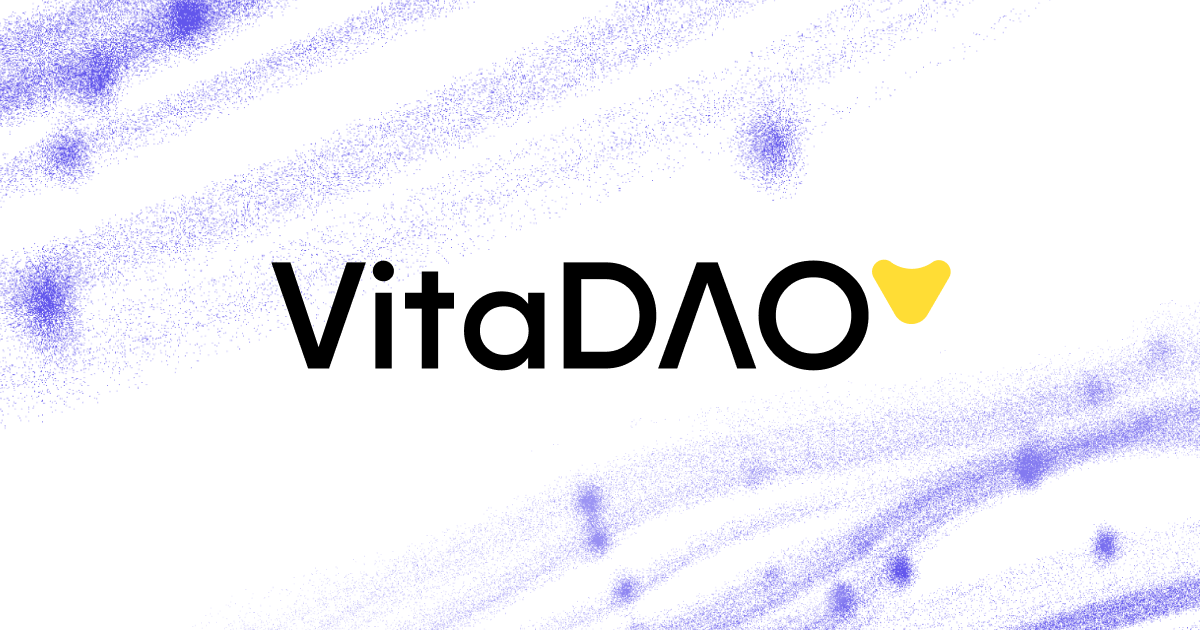

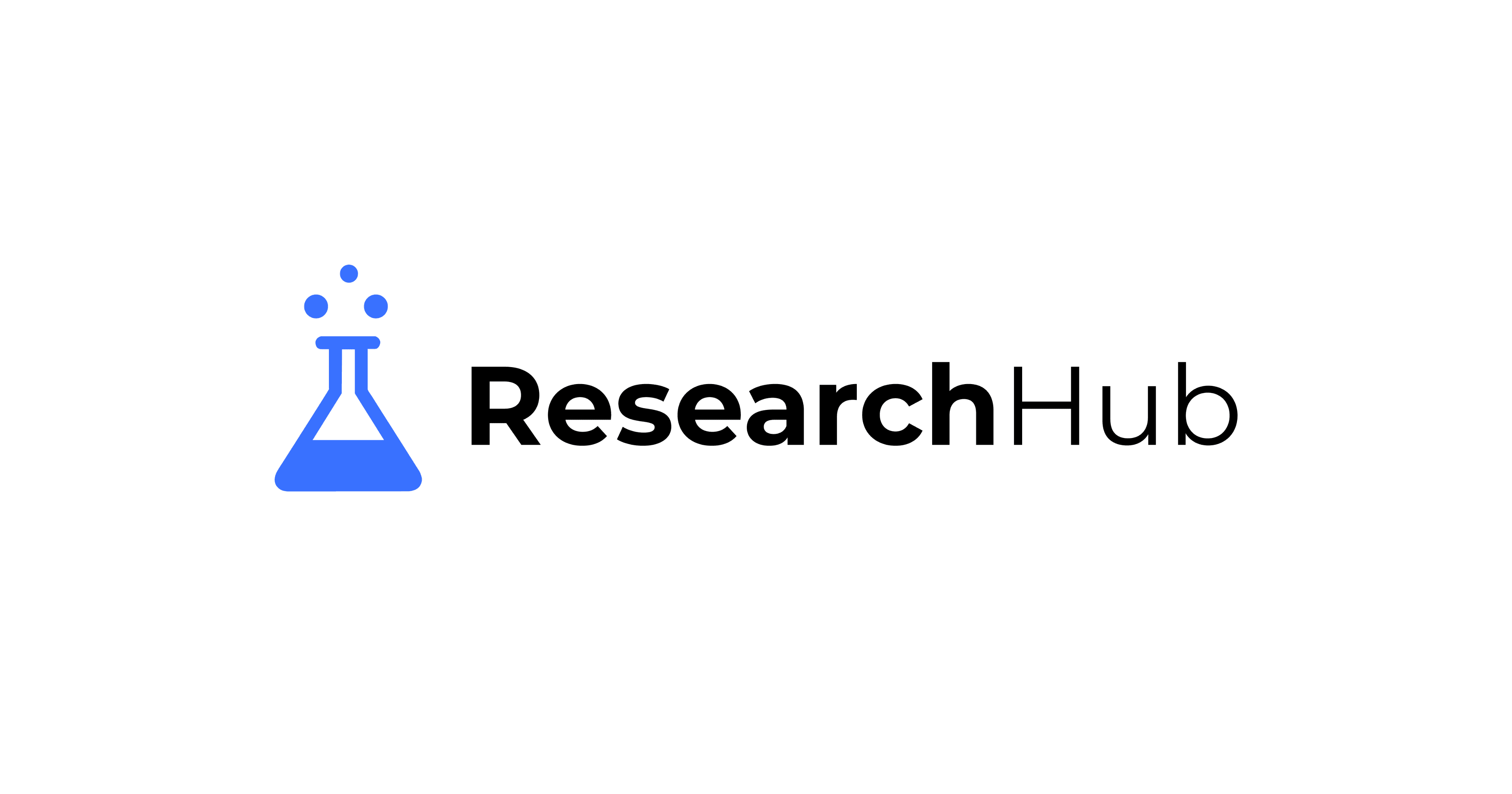

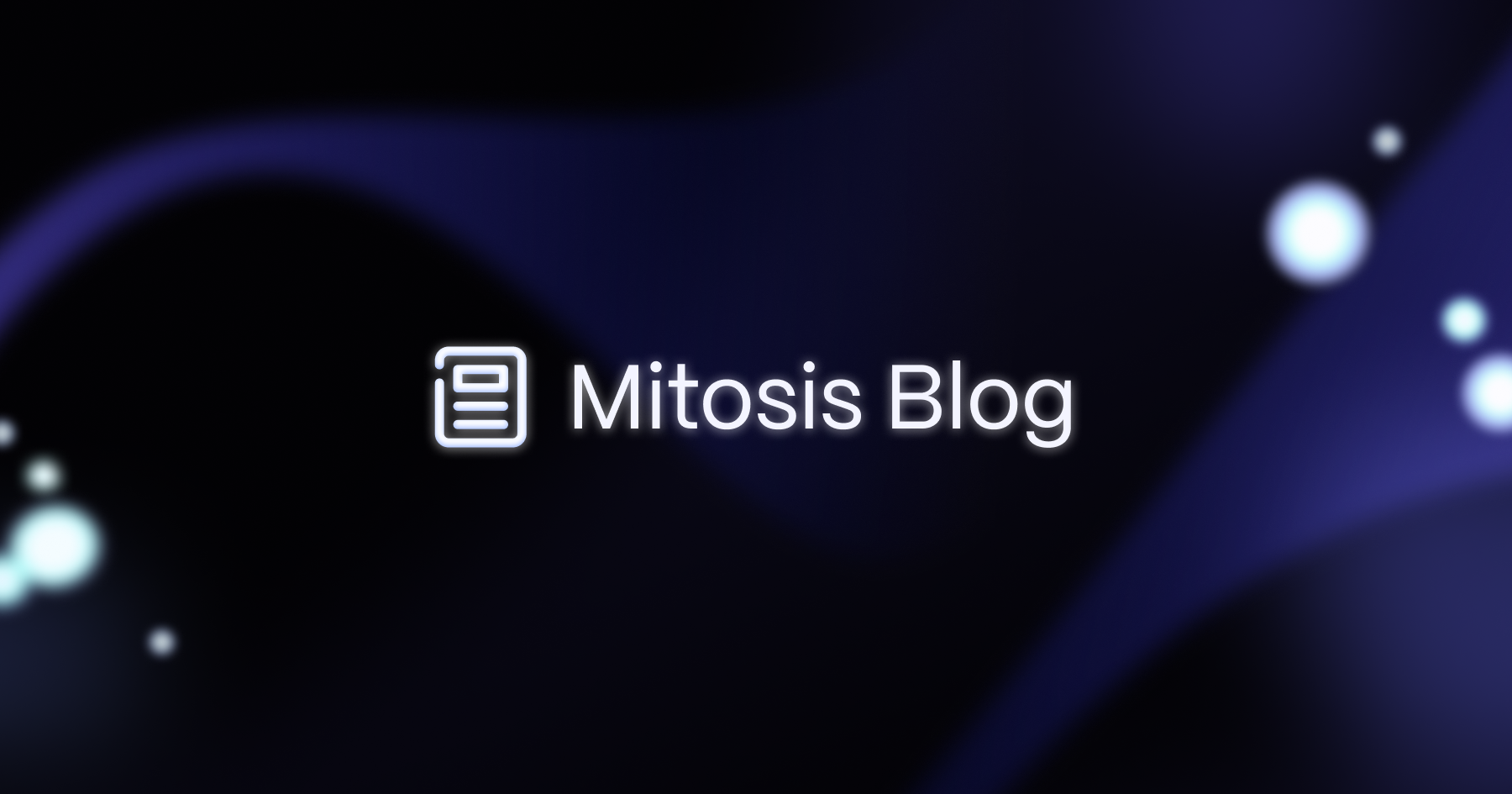

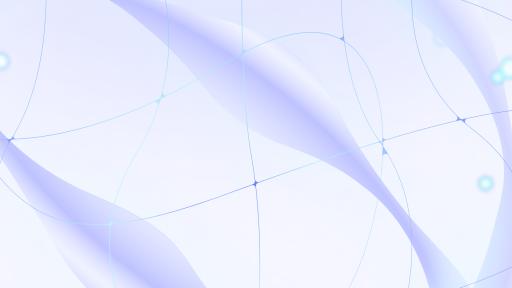


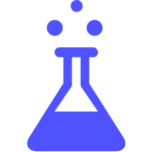


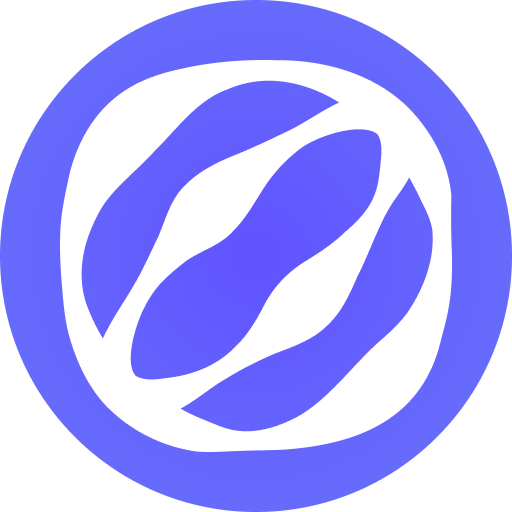

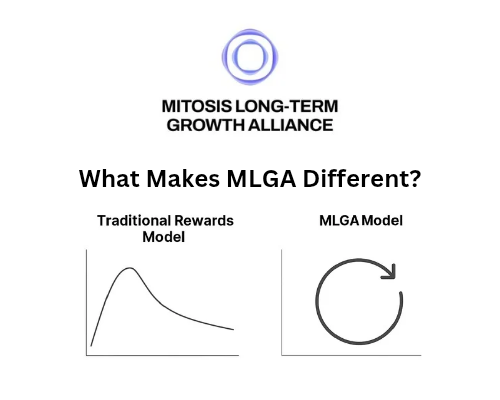
Comments ()